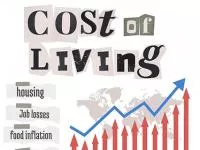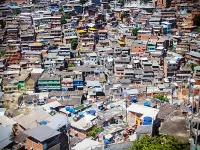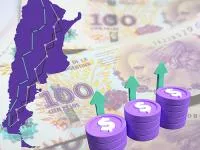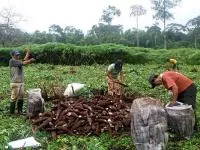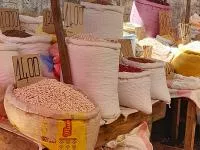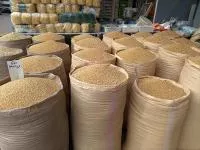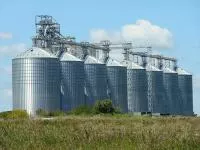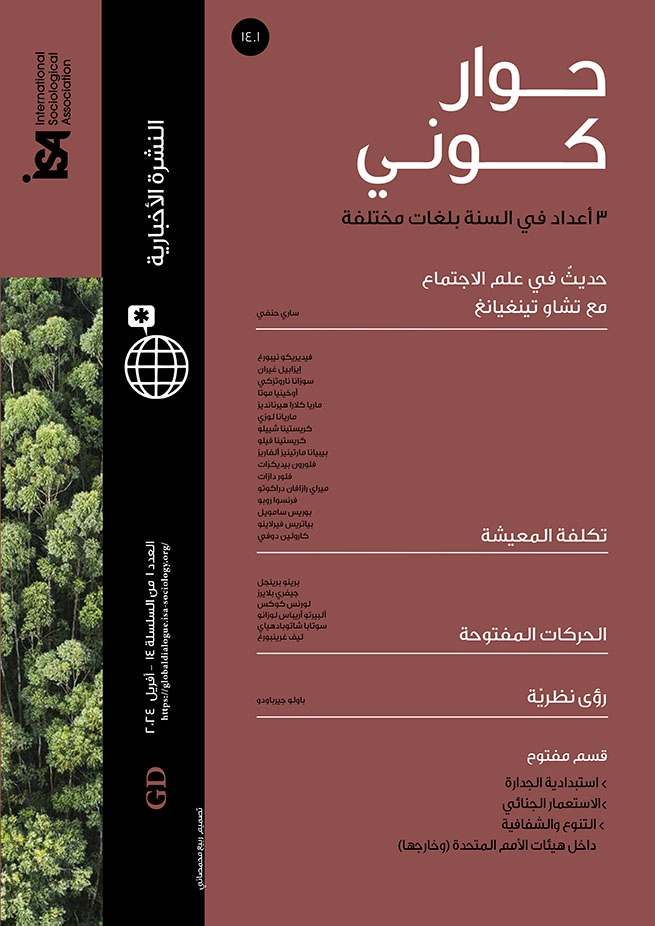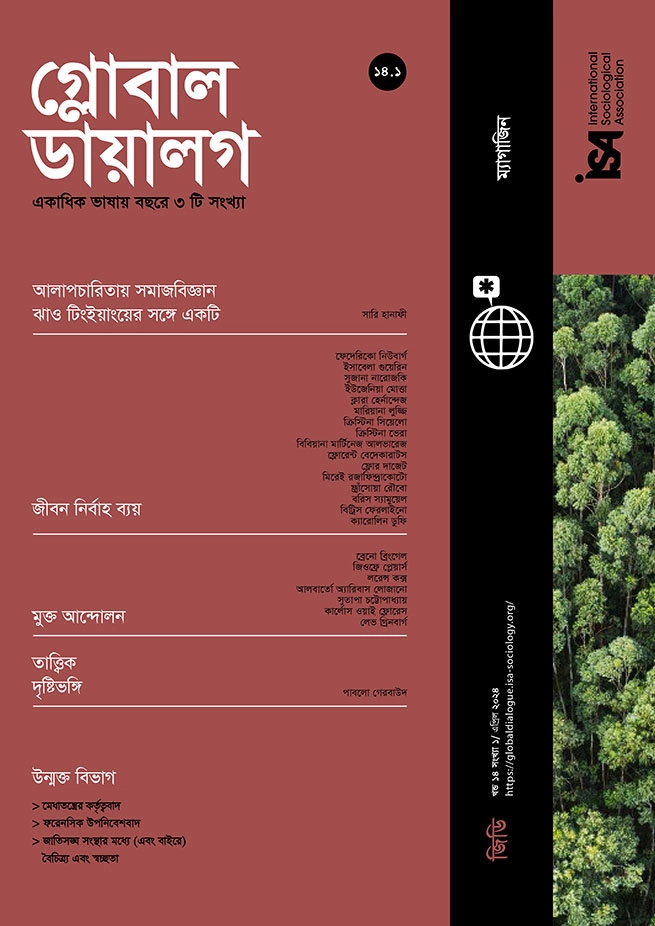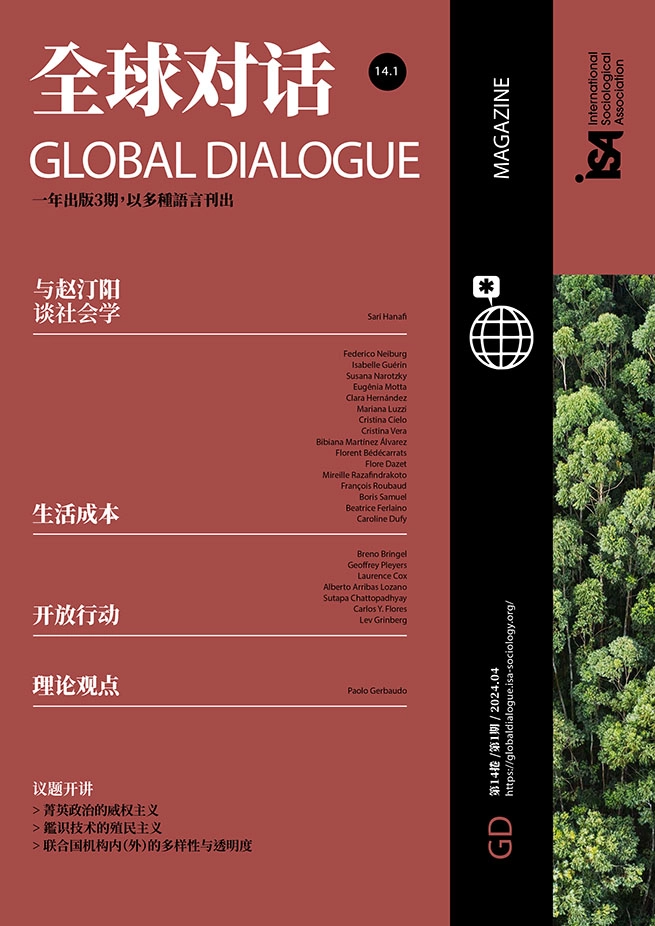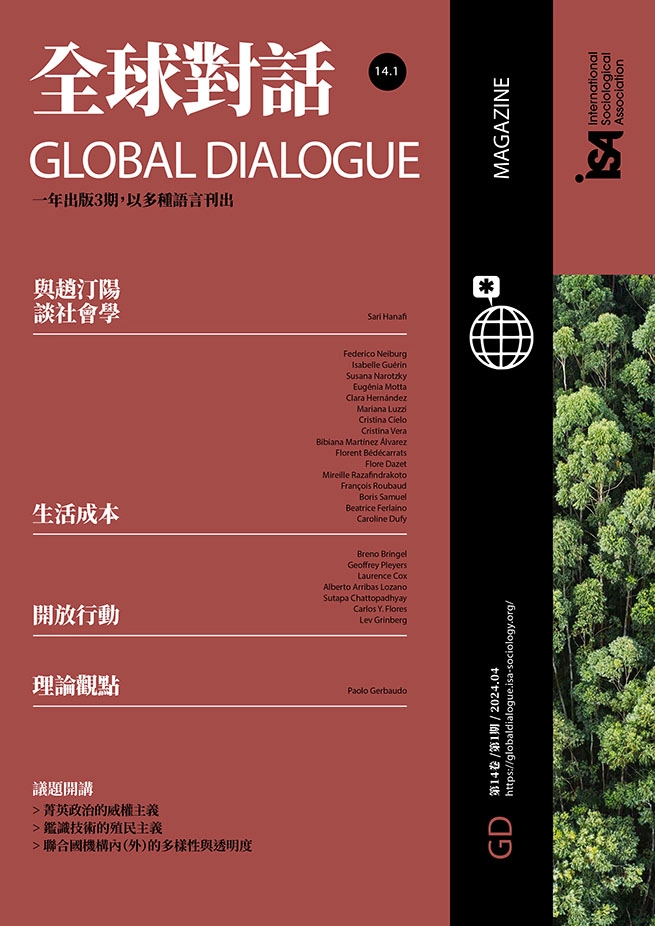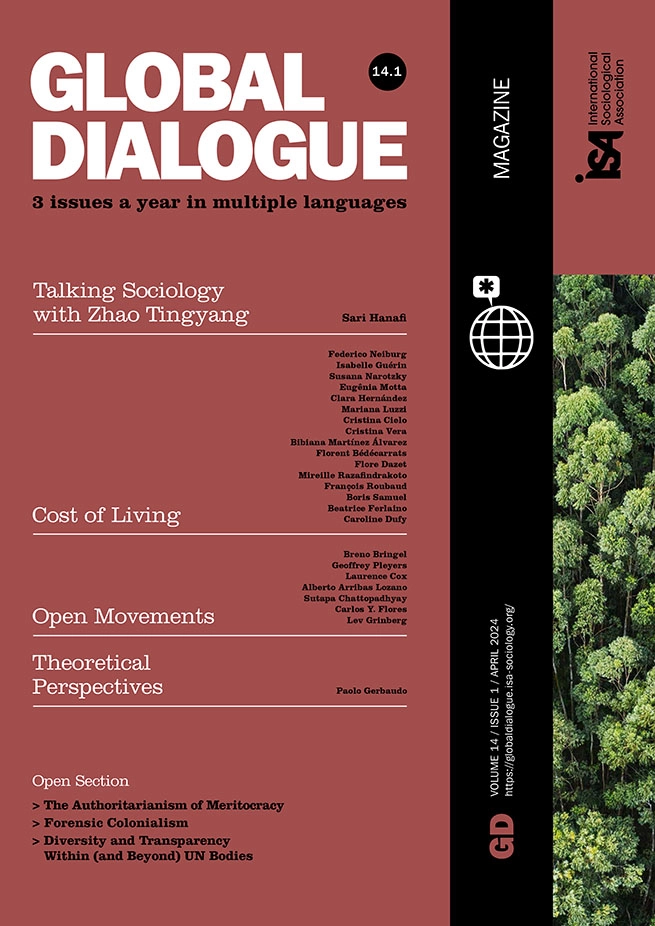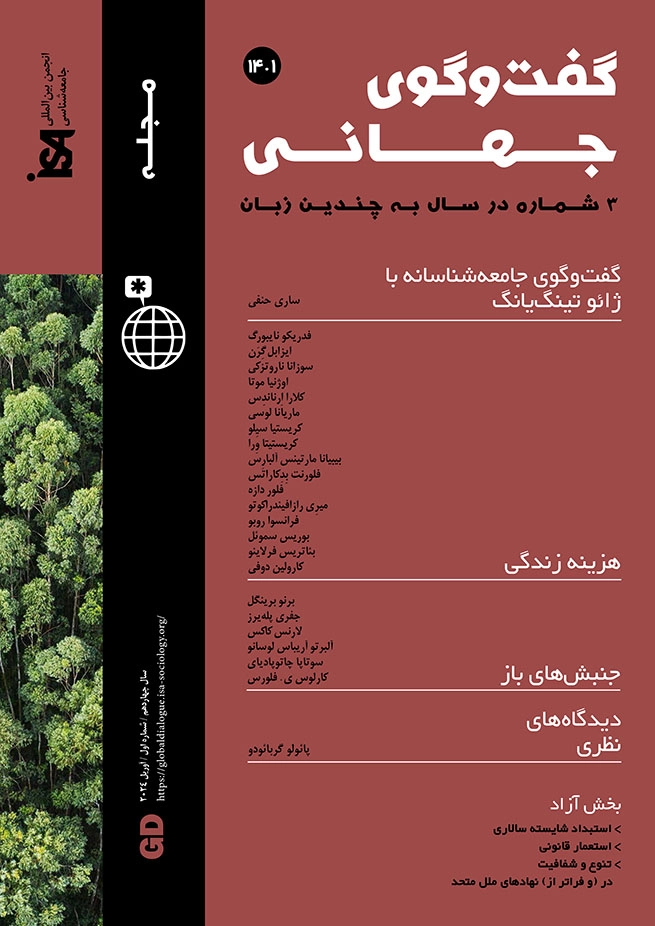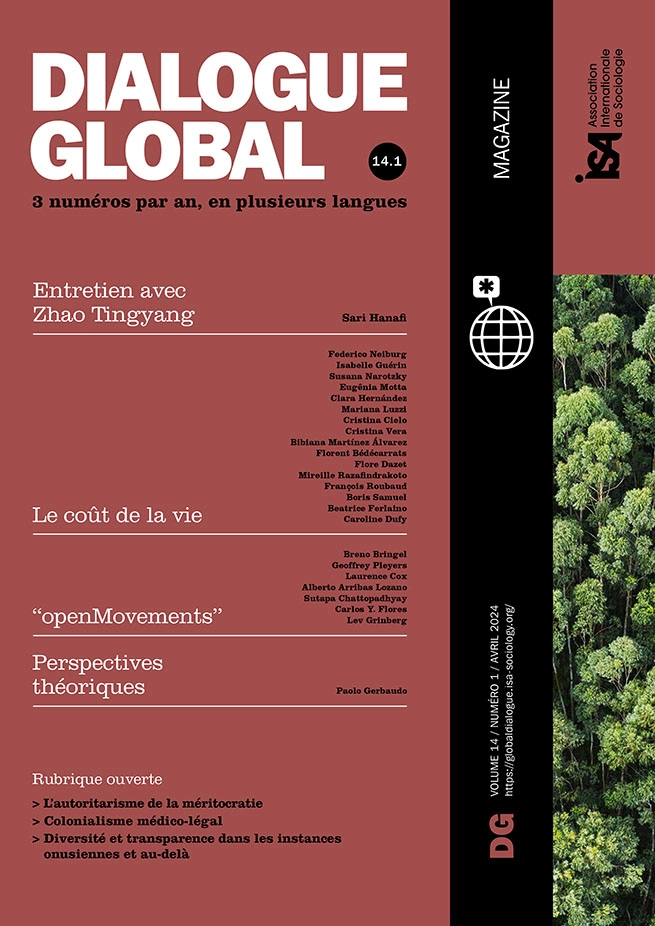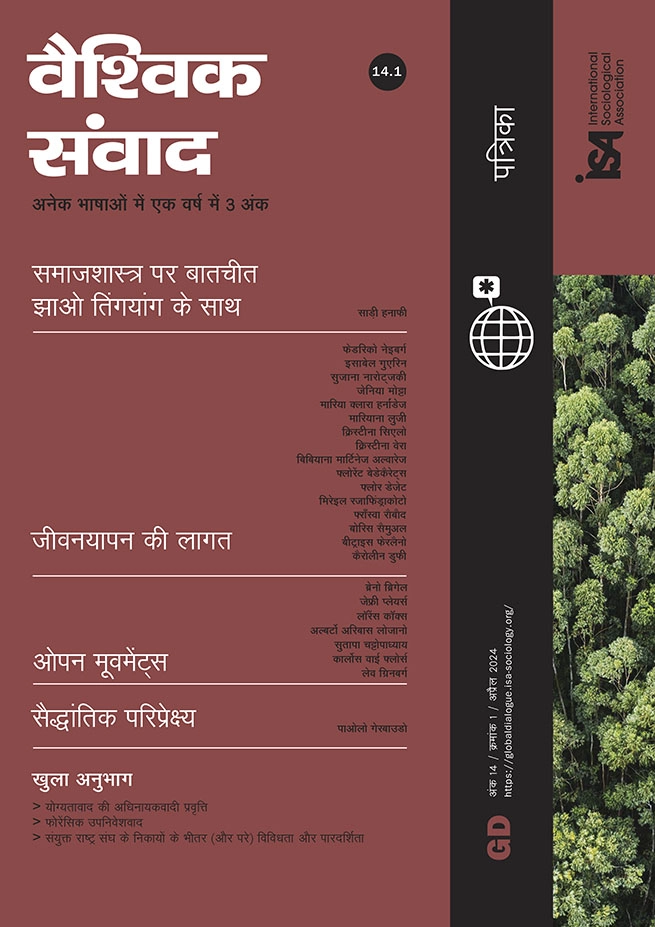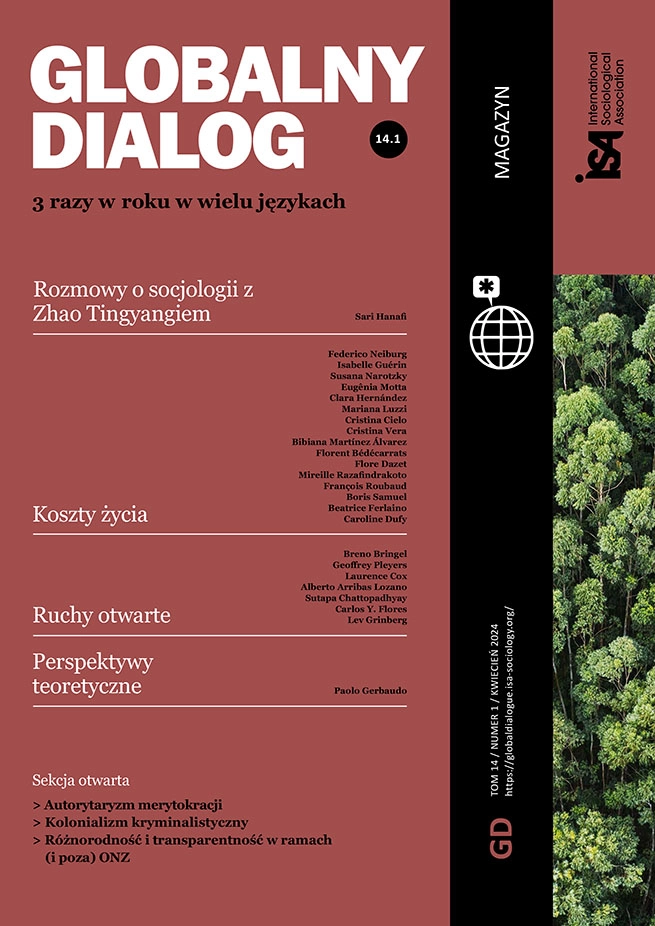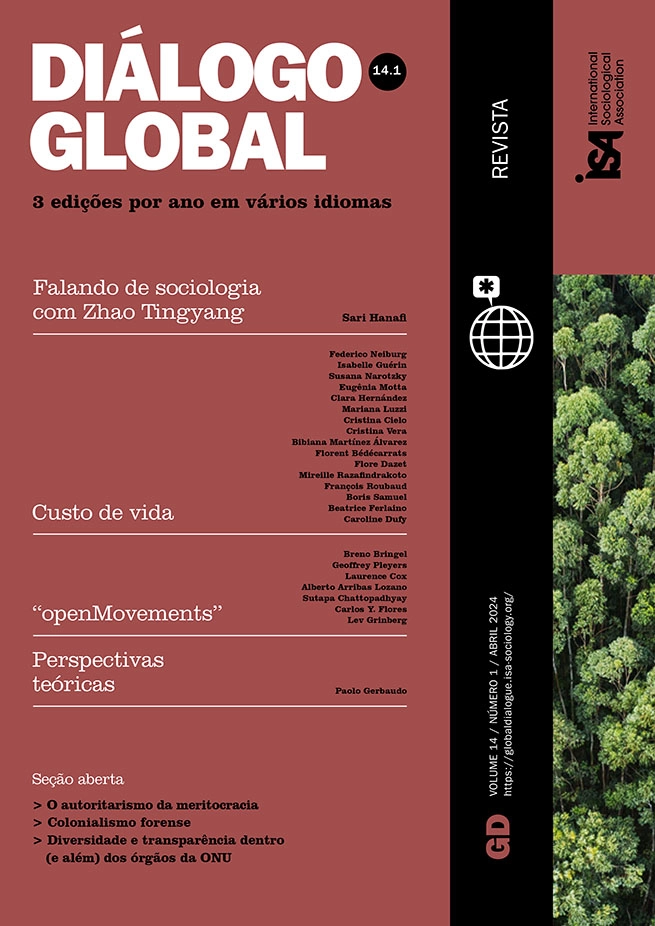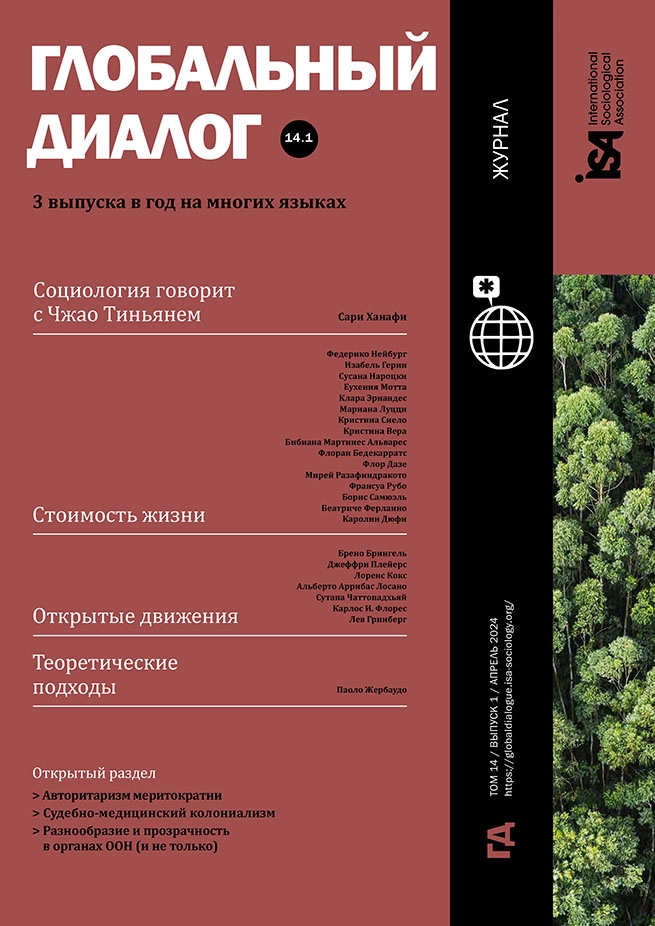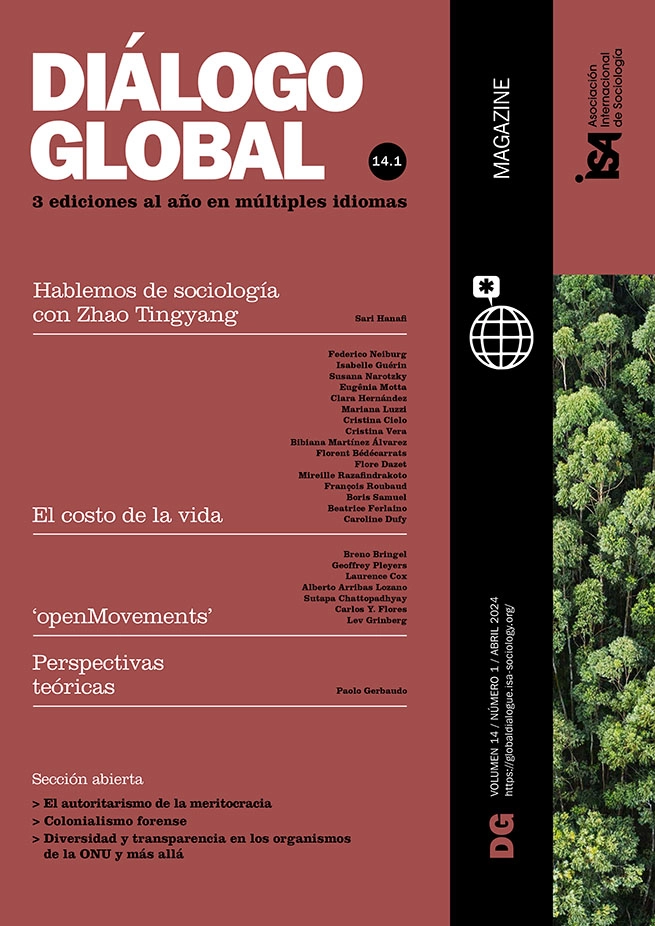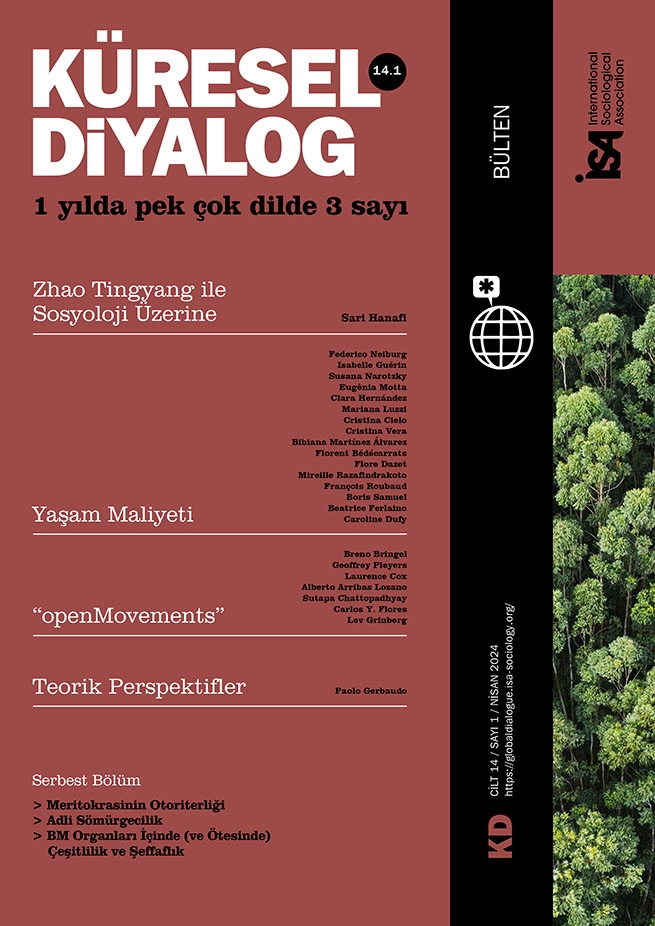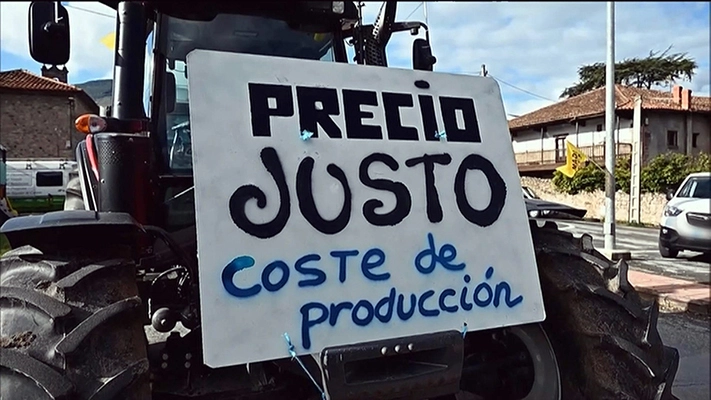The specific conceptualization of the costs of everyday life we consider in this article stems from an interpretation of the phrase “cost of living” which addresses: (1) macro indicators of inflation, (2) the difference between food produce price and the consumer price as a cost to farmers that endangers their viability, and (3) how this cost gets expressed in the wages of workers and endangers their livelihood. Finally, we highlight the energy that needs to be invested to ensure social reproduction at the scale of individuals and households – workers and employers in agriculture – and at the scale of entire political communities, such as the nation-state or the European Union.
Political economy and the moral cost of living
The expression “cost of living” here expands into the multiple and situated meanings of what it costs to live and the practices that those meanings support. This effort is translated into moral dilemmas that produce and mediate material results – in people’s bodies, in the environment, in political mobilizations of different kinds. We base our theoretical exploration on the “moral economy” framework that stresses the centrality of moral values, practices, and emotions in channeling economic and political behavior. The strength of the concept rests in the expression of moral values and obligations through material provisioning, resource allocation, and capital accumulation. In sum, the perspective we adopt attempts to understand moral aspects of economies as integral to the processes of political economy.
Being essential, avoiding inflation, and being fair
As the COVID-19 pandemic took hold, one of the major preoccupations of the Spanish government was to maintain the continuous provisioning of food and prevent excessive inflation. Laborers and farmers working within the food chain were branded as “essential” because they produced a critical good: food. Although arguably a utilitarian category, the concept of “essential” was eminently moral. Speaking in terms of the “essential” – what confers its “essence” to a community – shifted the economic conversation to the domain of the “common good”, and hence to the realm of morality.
Yet, workers, farmers, food distribution firms, consumers, and the government understood the moral imperative of food provisioning from differently situated positions within the food chain. These conflicting meanings and the actions they encouraged are the “moral dilemmas” this article addresses by unpacking: (1) inflation, a technical – albeit morally charged – concept that justifies policies, (2) “just prices”, a concept put forward by farmers in discourse and mobilizations, and (3) “fair wages”, the livelihood-centered objective that informs many workers’ struggles. Neither this call for “just prices” on the part of the farmers, nor the claim for “fair wages” on the part of workers was new. What was new was the public focus on consumers, the importance of avoiding food scarcity and inflationary pressures on food prices in a context of unemployment, furlough, and general income reduction in most households.
In our article just published in International Sociology, we analyze the Spanish inflation data for food products, and in particular fresh food products starting with the 2020 negative inflation period and continuing up to the present. In 2020, as Europe went into lockdown, consumption of many things stopped or declined abruptly with two major consequences: first, people’s incomes diminished because of unemployment or furlough; second, people’s major expenses became centered on basic items related to livelihood, amongst them, very saliently, food. While the shortage of labor was the main argument for the rise in food prices during the initial months of the pandemic, this lost strength with the end of lockdown. The post-pandemic inflationary surge was related to the increase in the cost of inputs (fuel, fertilizers, labor) and to a drought that affected productivity, but farmers blamed distribution chains for increasing prices even when farm-gate prices remained stable. Farmers voiced their claim for “just prices” and mobilized accordingly. We have analyzed the chain of prices from farm gate to consumer outlet, following an index produced by farmers together with consumers’ associations, in order to assess price variation, and we have compared it with the discourses of different stakeholders, showing the moral entanglements of evidence.
Material and moral valuation of farm work, provisions, and human life
Farmers indicate recent increases in the minimum wage as one of the factors that endangers the viability of their way of life and the social reproduction of their households, and which leads to inflation. This fear for their viability allegedly justifies the extreme and exploitative conditions that farmers impose on day laborers. However, agricultural workers claim “fair wages” and denounce farmers’ irregular practices. The concept of fairness as voiced by workers refers to living wages, to working conditions, and to being respected. It encompasses a complex valuation process that includes material and moral criteria that make social reproduction possible. While the lives of day laborers represent a “cost” to farmers, the efforts of farmworkers to seek fairness underscore what living actually costs.
Our article explores the connectedness of the three aspects of the “cost of living” that we have analyzed in the crucial sector of food provisioning: inflation, unjust prices, and unfair wages. As food is an unavoidable input to human life, we reflect on how the systemic cost of sustaining life is extremely high, beyond the circumstantial aspect of post-pandemic inflationary pressure in Europe which has been mostly attributed to supply chain stress and energy prices. Is the cost of living a conjunctural episode, as we are made to believe, or is it structurally embedded in our economy?
Not only do we ask what the cost of living is, but also which lives become a cost and, conversely, what living costs in terms of the effort to produce a livelihood. The practices we analyze are always infused with moral, albeit divergent, arguments about what is best for society. The moralities at play, however, are expressed in different quantitative indexes as well as in qualitative discursive attributes that describe human action: justice, dignity, and fairness. These kinds of evidence converge in the struggles to achieve a “better life”, arguably a life at a lesser cost. The moral dilemma of social reproduction lies in questions such as these that probe what the cost of living means to different people in different social positions.
Susana Narotzky, Universidad de Barcelona, Spain <narotzky@ub.edu>
Bibiana Martínez Álvarez, Universidad de Santiago de Compostela, Spain
